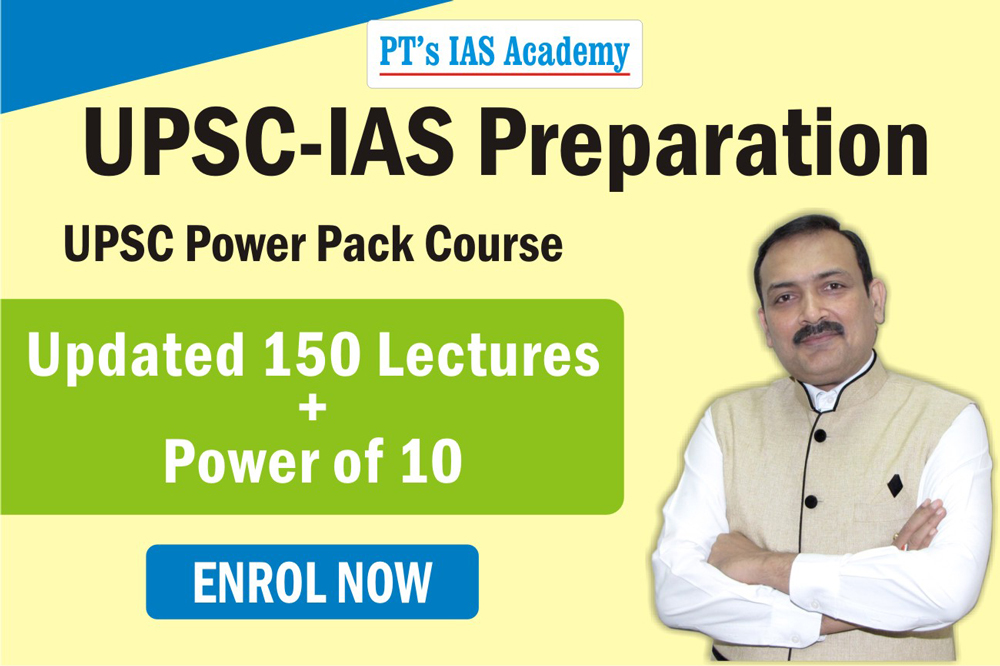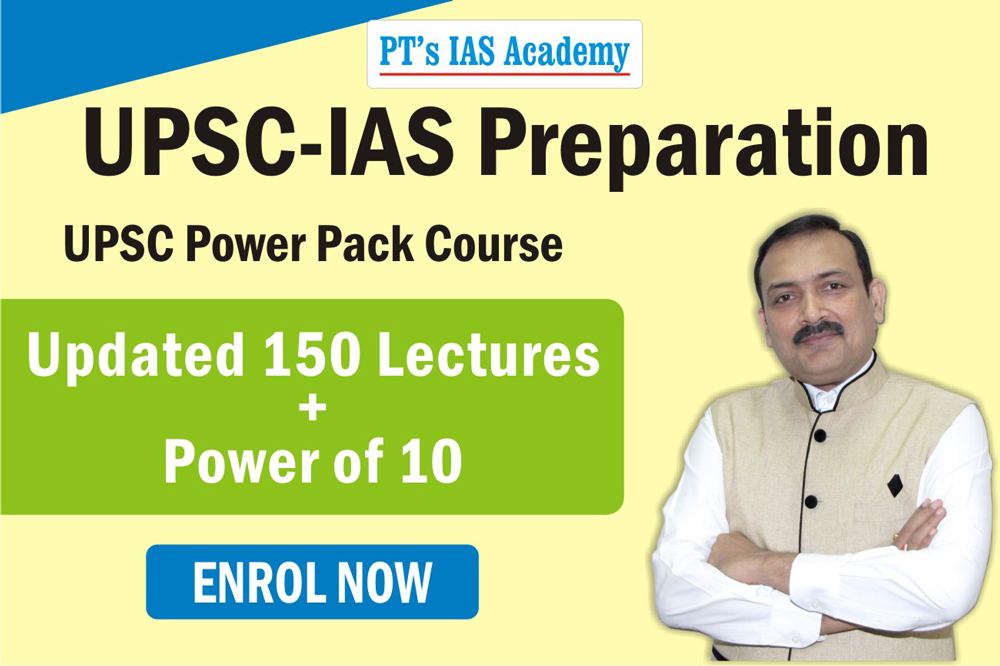Excellent study material for all civil services aspirants - begin learning - Kar ke dikhayenge!
CONCEPT – I.P.C. SECTIONS 498A, 375, 377 and POCSO ACT
Read more on - Polity | Economy | Schemes | S&T | Environment
- Section 375 in The Indian Penal Code
- 375. Rape.— A man is said to commit “rape” who, except in the case hereinafter excepted, has sexual intercourse with a woman under circumstances falling under any of the six following descriptions:—(First) — Against her will.
- (Secondly) —Without her consent.
- (Thirdly) — With her consent, when her consent has been obtained by putting her or any person in whom she is interested in fear of death or of hurt.
- (Fourthly) —With her consent, when the man knows that he is not her husband, and that her consent is given because she believes that he is another man to whom she is or believes herself to be lawfully married.
- (Fifthly) — With her consent, when, at the time of giving such consent, by reason of unsoundness of mind or intoxication or the administration by him personally or through another of any stupefying or unwholesome substance, she is unable to understand the nature and consequences of that to which she gives consent.
- (Sixthly) — With or without her consent, when she is under sixteen years of age. Explanation.—Penetration is sufficient to constitute the sexual intercourse necessary to the offence of rape.(Exception) —Sexual intercourse by a man with his own wife, the wife not being under fifteen years of age, is not rape.] STATE AMENDMENT
- (Manipur) —(a) in clause sixthly, for the word “sixteen” substitute the word “fourteen”; and (b) in the Exception, for the word “fifteen” substitute the word “thirteen”. [Vide Act 30 of 1950, sec. 3 (w.e.f. 16-4-1950) (made earlier than Act 43 of 1983)]. COMMENTS Absence of injury on male organ of accused Where a prosecutrix is a minor girl suffering from pain due to ruptured hymen and bleeding vagina depicts same, minor contradictions in her statements they are not of much value, also absence of any injury on male organ of accused is no valid ground for innocence of accused, conviction under section 375 I.P.C. proper; Mohd. Zuber Noor Mohammed Changwadia v. State of Gujarat, 1999 Cr LJ 3419 (Guj). Penetration Mere absence of spermatozoa cannot cast a doubt on the correctness of the prosecution case; Prithi Chand v. State of Himachal Pradesh, (1989) Cr LJ 841: AIR 1989 SC 702.
- Section 377 in The Indian Penal Code
- 377. Unnatural offences.—Whoever voluntarily has carnal intercourse against the order of nature with any man, woman or animal, shall be punished with 1[imprisonment for life], or with imprisonment of either description for a term which may extend to ten years, and shall also be liable to fine. Explanation.—Penetration is sufficient to constitute the carnal intercourse necessary to the offence described in this section.
- Section 498A in The Indian Penal Code
- 498A. Husband or relative of husband of a woman subjecting her to cruelty.—Whoever, being the husband or the relative of the husband of a woman, subjects such woman to cruelty shall be punished with imprisonment for a term which may extend to three years and shall also be liable to fine. Explanation.—For the purpose of this section, “cruelty” means—
(a) any wilful conduct which is of such a nature as is likely to drive the woman to commit suicide or to cause grave injury or danger to life, limb or health (whether mental or physical) of the woman; or (b) harassment of the woman where such harassment is with a view to coercing her or any person related to her to meet any unlawful demand for any property or valuable security or is on account of failure by her or any person related to her to meet such demand.
- PROTECTION OF CHILDREN FROM SEXUAL OFFENCES ACT (POCSO ACT) 2012
- The Protection of Children from Sexual Offences Act (POCSO Act) 2012 was established to protect the children against offences like sexual abuse, sexual harassment and pornography.
- It was enacted to provide a child-friendly system for trial underneath which the perpetrators could be punished.
- The Act defines a child as any person below eighteen years of age. It makes provisions for avoiding the re-victimisation of the child at the hands of the judicial system. The Act received the President’s assent on June 19, 2012. It was notified in the Gazette of India on June 20, 2012.
- The Act defines different forms of sexual abuse which includes penetrative and non-penetrative assault. It also involves sexual harassment, pornography, etc. Under certain specific circumstances POCSO states a sexual assault is to be considered “aggravated if the abused child is mentally ill or when the abuse is committed by a member of the armed forces or security forces or a public servant or a person in a position of trust or authority of the child, like a family member, police officer, teacher, or doctor or a person-management or staff of a hospital — whether Government or private.”
- The Act also makes it mandatory to report such cases. It makes it the legal duty of a person aware of the offence to report the sexual abuse. In case he fails to do so, the person can be punished with six months’ imprisonment or fine. The Act further states that the evidence of the child should be recorded within a period of thirty days. The Special Court taking cognizance of the matter should be able to complete the trial within the period of one year from the date of taking cognizance of the abuse. It provides that the Special Court proceedings should be recorded in camera and the trial should take place in the presence of parents r any other person in whom the child has trust or confidence.
- The Act provides for punishment against false complaints or untrue information. It describes strict action against the offender according to the gravity of the offence. It prescribes rigorous imprisonment for a term which shall not be less than ten years but which may extend to imprisonment for life and also fine as punishment for aggravated penetrative sexual assault. It also prescribes punishment to the people who traffic children for sexual purposes.
* Content sourced from free internet sources (publications, PIB site, international sites, etc.). Take your own subscriptions. Copyrights acknowledged.
















COMMENTS